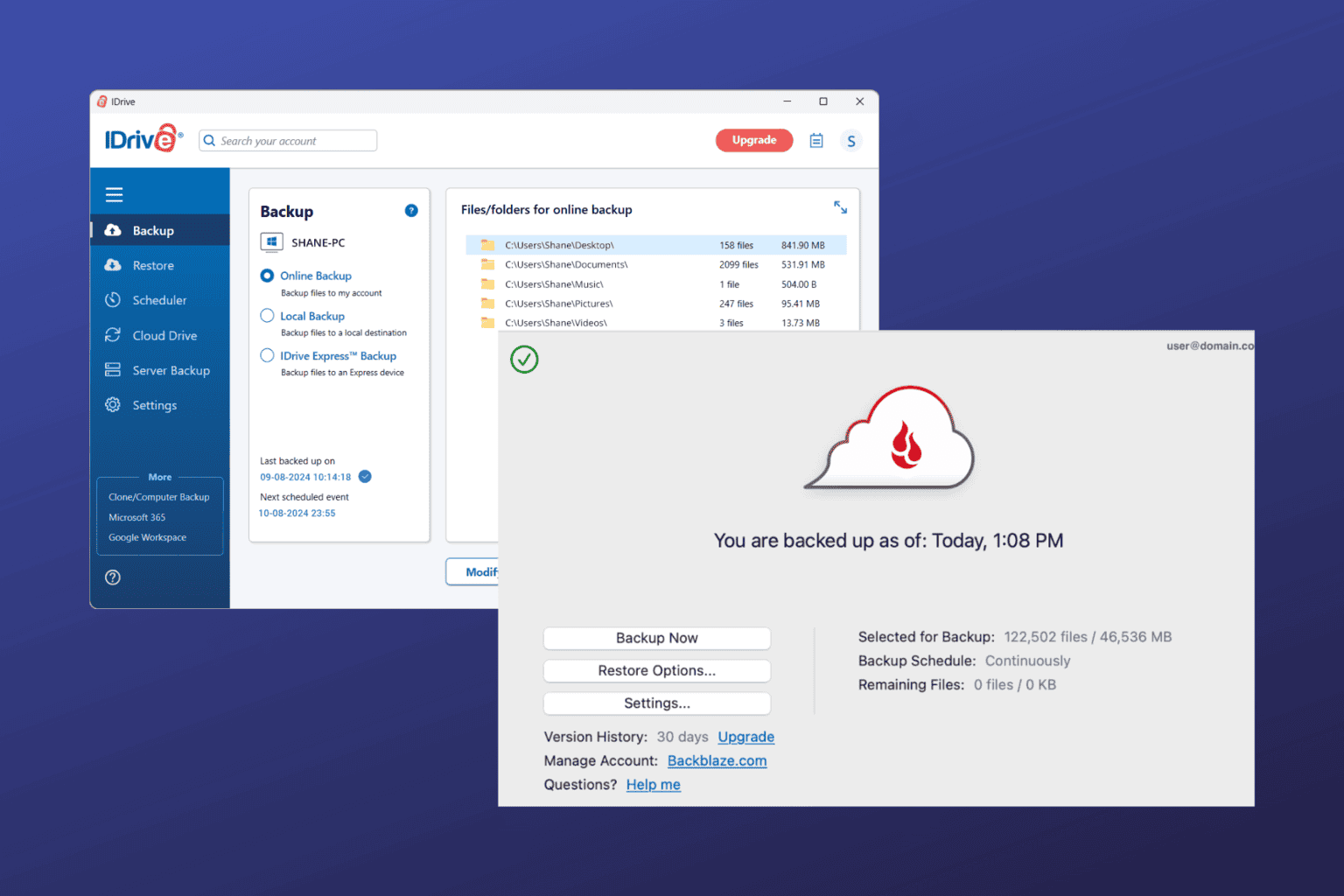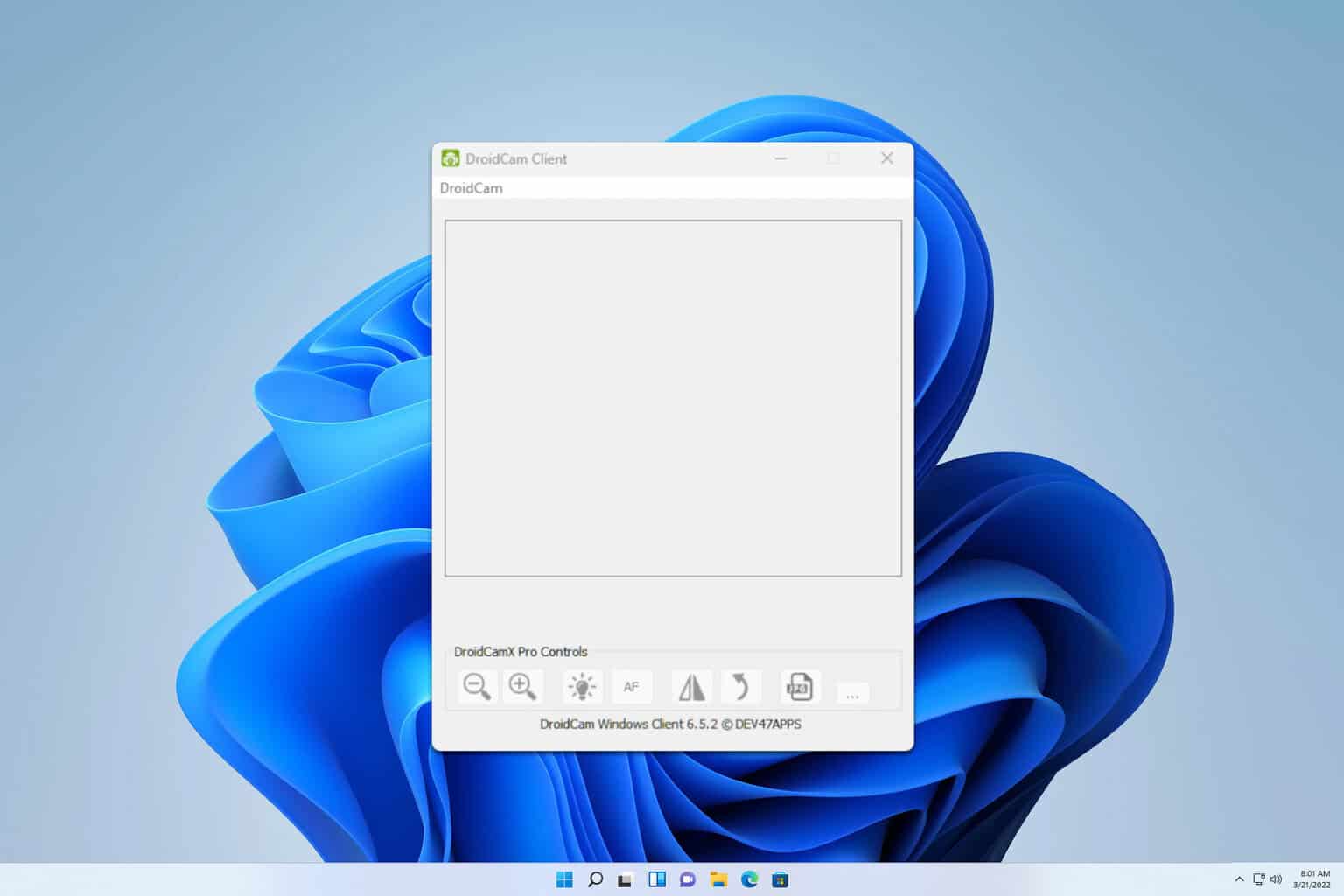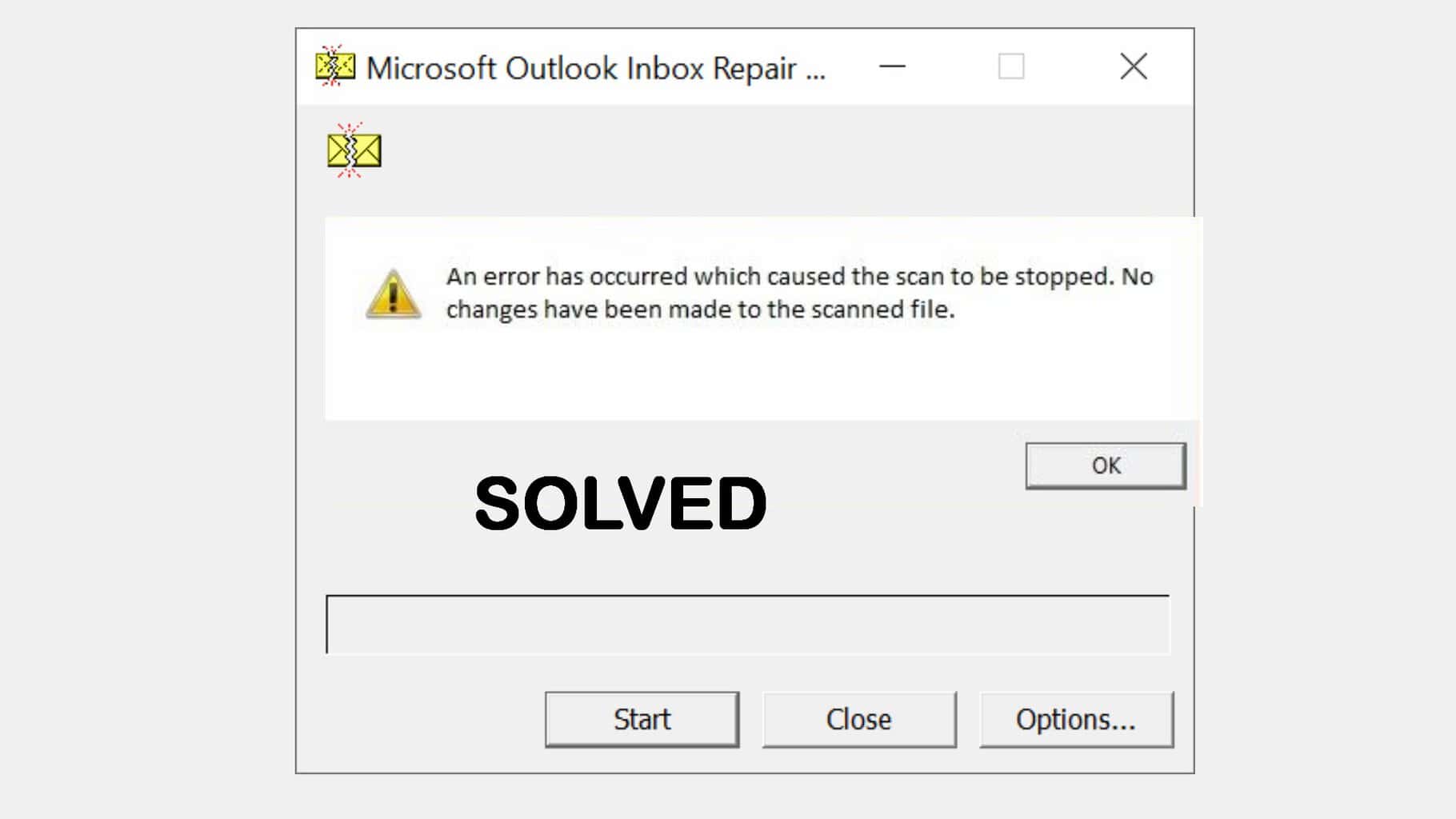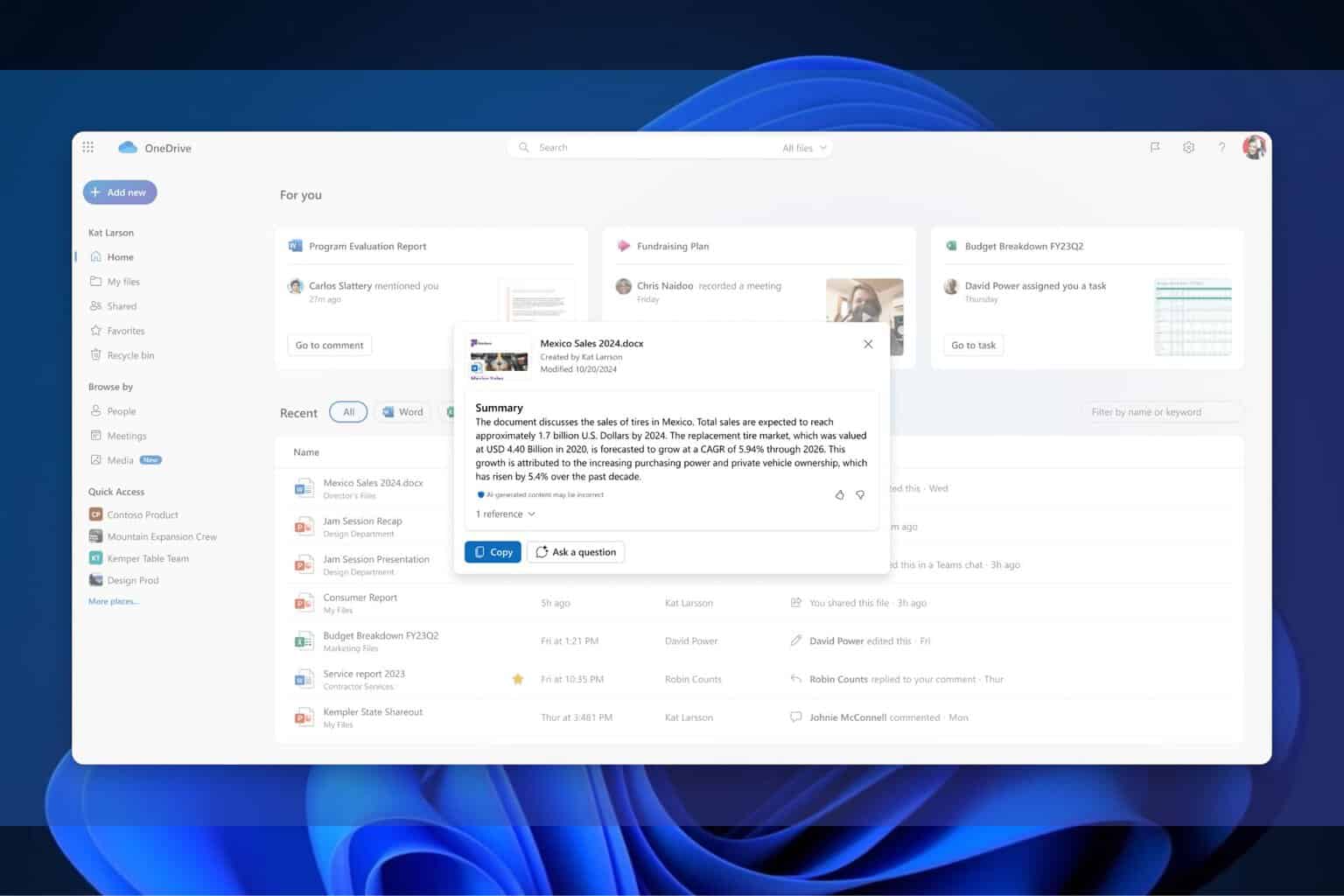Dealing with fake, misleading and copyright infringing apps: Microsoft responds
3 min. read
Published on
Read our disclosure page to find out how can you help Windows Report sustain the editorial team. Read more
Just last week we posed the question “how should Microsoft deal with problematic apps in its stores?” Looking at some of the less trustworthy apps that have found their way into the stores. There was particular concern about those apps that are misleading, and essentially scam buyers out of money. We spoke to Microsoft and a spokesperson answered some of our concerns.
Much of the onus is placed on developers and end users to report problem apps. “First, we encourage developers to take advantage of obfuscation tools for an added layer of protection. Because the Windows Store is the only authorized source of public apps and games for Windows, developers can more easily police infringement of their apps by monitoring the Windows Store and notifying Microsoft if infringement occurs.”
To help to over the problem of infringing on copyright and intellectual property, Microsoft places a good deal of emphasis on educating developers: “our developer agreements and policies do not permit infringement of intellectual property of others.”
the App certification process appears to be rather flawed
Microsoft insists that every app in its stores is certified before it is published but, as many people have found, this does not stop fake apps, misleading app, and dishonest apps from slipping through the net. The certification and vetting process is not explained, but Microsoft says, “an application may present content after publication that was not present during certification.” This would imply that the certification process is rather flawed. There is potential for a developer to submit one version of an app for checking, and ultimately end up publishing a different version.
“We may identify policy issues through our own mechanisms,” but the involvement of users and developers is encouraged. The [email protected] email address can be used to report problematic apps, or to voice concern about copyright infringement. The developer of the complained-about app has the right to reply. Users are encouraged to make use of the “report concern to Microsoft” links in the Store. Microsoft also insists that “other times we may identify policy issues through our own mechanisms.”
It’s good to hear that there are measures in place, but it does seem as though Microsoft could be more pro-active in weeding out the chaff — or preventing it from entering the stores in the first place. Consumers and developers have a right to be protected, and the burden of responsibility really should not be on either sets of shoulders.









User forum
0 messages